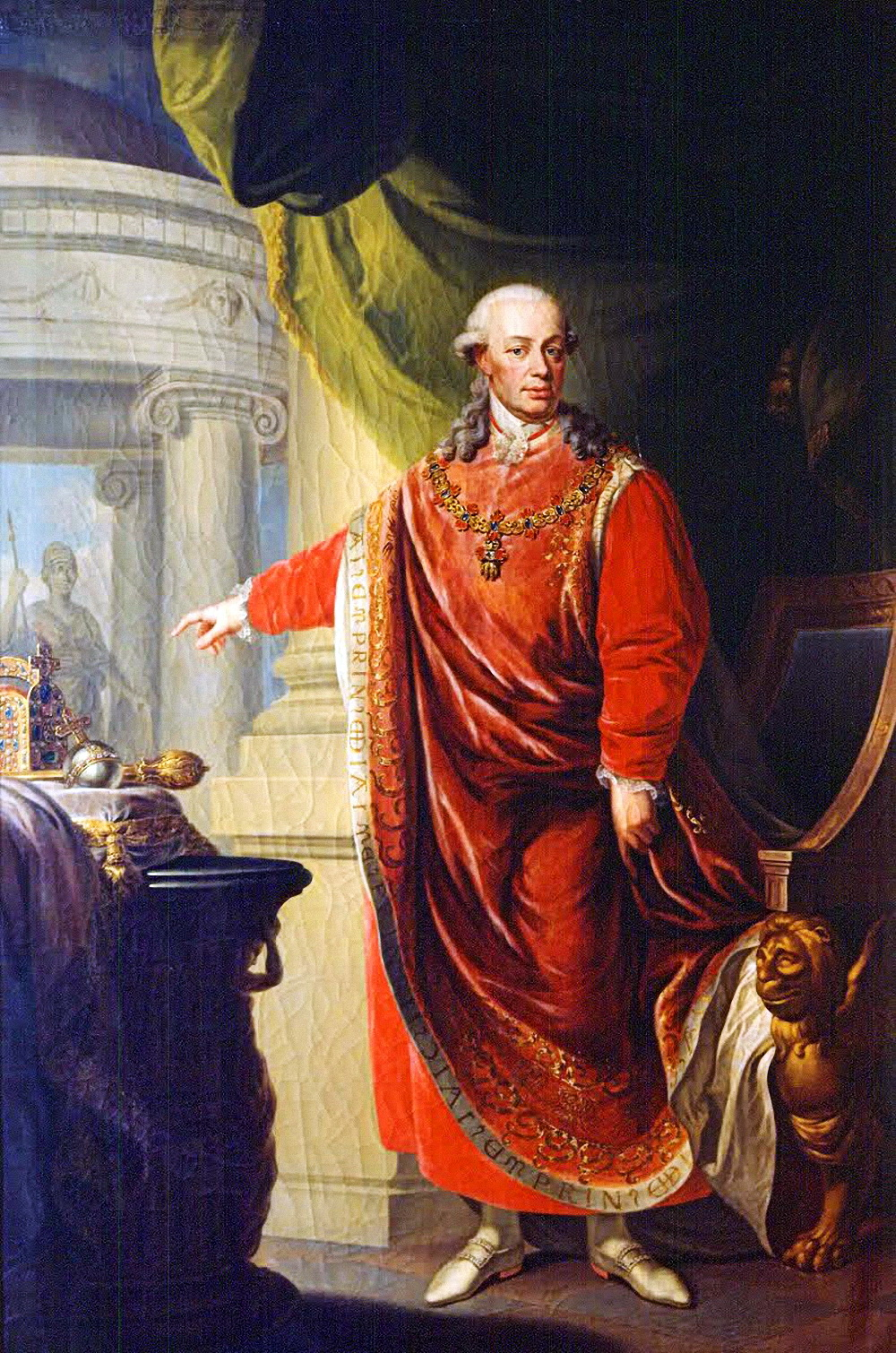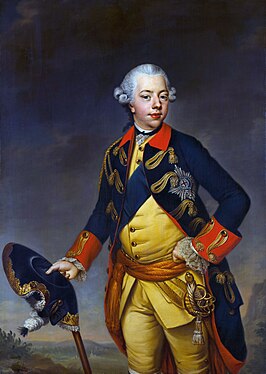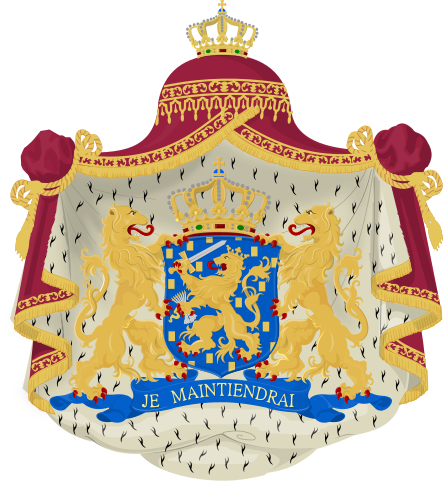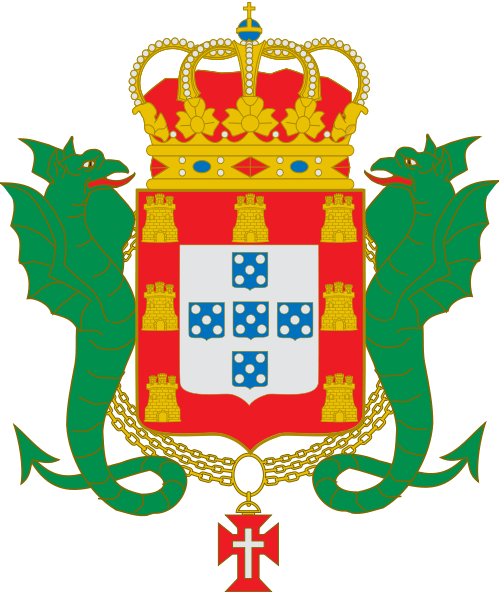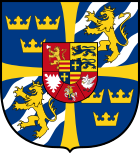
Welcome to the second installment of The Long 19th Century. There are a few things I want to say about the game before we all get going. First, this is a time period that I think is particularly well-suited to alternative history, and therefore to a game like this. Second, I want to make sure we are all on the same page as far as the expectations for the game mechanics. So please read this short post, and then we can get started.
The French Revolution and its aftermath in Europe ended the feudal order that has existed for pretty much a millennium. Modern history, pretty much in its entirety, is shaped by the events at the turn of the 18th century. Napoleon did not succeed in creating a continent-spanning French Empire, but he did succeed in spreading liberal ideas from Spain to Russia. The reaction to the French Revolution, the liberal revolutions of the mid-19th century, the rise of nationalism, and the height of colonialism all have roots in the events that take place during the time shortly after this game starts.
With this in mind, I fully expect that by the time we hit the early/mid-19th century we will be well into alternate history territory. As such, events that took place historically may not take place in-game. For example, unless conditions for them exist in the game, we may never see nationalist unifications of Italy and Germany. Socialism may appear decades earlier, or many decades later than it did historically, depending on the course the industrial revolution takes. I encourage all players to be creative, to think outside the box, and to not get frustrated when historical events get turned upside-down.
I want to stress something important. In this game you play the entire country, not just its government. Historically this time period sees a radical change in the role of the state in society. At the end of the 18th century the state was limited to taxation, some regulation of commerce, and the military. By the early 20th century there were examples of states that actively managed most of a country's society and economy. When you send orders, write IC, and interact with other players you should remember that you can act on behalf of the civil society, private companies and interests, and individuals in your country. Not everything has to happen by government decree.
Speaking of orders and IC, the game will run largely the same way other games like this do. Players will write IC, interact with other players, and send orders to me. I will write updates and update the stats and the map. To determine whether the orders succeed I draw random numbers to represent the outcome. In order to encourage IC I give a bonus to those players who write substantive IC during the turn. Turns will cover a single year, with mini updates that cover specific wars, events, and other important developments. I anticipate that there will be times in the game when we want to skip ahead a few years to help move the history along. I'll decide on those case-by-case.
Great Powers will have two regular orders and two war orders per year. All other countries will have one regular order and one war order. War orders do not affect anything in the stats, they simply direct the movement of a country's military. As an example, army drill that result in higher quality would be a normal order, while marching an army into position to defend against an attack is a war order. You can "stack" multiple orders for a single result, in which case I take the highest random number of the stacked orders. For non-Great Powers this means saving orders over multiple years.
I encourage everyone to join the #wir_main channel on The Airlock IRC. That is where a lot of discussion takes place. It is possible to play the game without interacting with other players on there, but it is difficult. I will try to be there as much as I can, but you can also always send me a PM on this forum if you need an answer to something.
Explanation of Stats
I will use French stats as an example and walk you through what they mean. Most of this should be familiar to those who have played my or Frymonmon's games before, but there are some differences which are important. If you read this and still have questions, either a PM or a message on IRC will be the right way to get an answer.
Countries are divided into tiers. Great Powers get 2 normal orders and 2 war orders while everyone else gets 1 normal order and 1 war order. Additionally, Great Powers and Secondary Powers have slightly faster technological progress, slightly faster economic growth, and slightly higher population growth. Once we get to serious colonization they will also have significant bonuses to colonization. The score that determines the tiers is a combination of industrial output, military spending, and culture technology.
The country's government and ideology both matter quite a bit. The form of government essentially represents how much liberty the country's people have when it comes to politics. It interacts with plurality to cause militancy. Ideology determines how much the government is involved in the country's economy and people's lives. A more conservative or a more socialist government will be more involved - will have higher taxes and will provide more of the public services. A more liberal government will do the opposite. If you are playing a democracy (nobody at the start) you get a free order to do elections when they come around, but obviously you have somewhat less control over the ideology of the government you end up with.
Population, economy, industry, and trade are mostly self-explanatory. Industry contributes to economic growth, so the faster a country industrializes the further ahead of others it will end up. Trade is the primary method of generating revenue for most countries at the start of the game, as most governments are funded via tariffs. Over time taxes will become more important and trade will switch to primarily being a boost to economic growth.
Infrastructure boosts or hurts industry and trade. Administration makes everything (and I mean everything) cost a lot more or less. Education determines, in part, how fast technology advances. The higher these values the more they cost, so a poor country will never be able to afford to have top-notch scores in all of these. The more liberal the ideology of the country the more of these things get shifted to the private sector, and as a result the less the government has to spend on them.
Plurality and militancy are new, so pay attention. Militancy is the percent chance that in a given year there will be significant militant popular action against the government. So the chance of a revolt, rebellion, coup, etc. Plurality is the fraction of people in the country who are actively engaged in social and political life. In countries with restrictive governments, such as absolute monarchies and dictatorships, high plurality leads to militancy. A lot of people being active in politics in a dictatorship is bad news. In a democracy it is the opposite - high plurality leads to lower militancy. The reverse is also true - very low plurality will lead to higher militancy in a democracy, as people do not understand how the process works and get frustrated with it.
So what is a dictatorship to do when plurality gets high? The second way to keep militancy down is to pass social reforms. I do not specify what these necessarily are - you can be creative. However, if you manage to keep your people happy and give them what they want you can keep an authoritarian regime in power with minimal militancy even if the people of the country are moderately engaged in politics and civil life.
Technology will progress on its own, although you can of course send an order to speed it up. The chance that at least one technology moves up by one is determined by education and plurality. The higher the plurality the faster technology will advance, although it may bring with it higher militancy as discussed above. Army/navy technology is equivalent to army/navy quality levels. Commerce technology leads to higher trade, more taxes being collected, more income from colonies, and cheaper loans. Culture technology leads to higher plurality and a higher score. Industry technology leads to more industry and higher population growth. One of the technologies is marked with *, and that indicates the one that the country is most focused on, and thus the one that gets a bonus to being picked as the one that will increase. You can use an order to change the focus if you want to give another technology a boost.
Income comes from taxes, tariffs, colonies, and minor miscellaneous things. At the beginning of the game tariffs are vastly more efficient than taxes, but this will change. During this time period a lot of governments used one-off measures to raise revenue, so if you feel you are going too deep in the hole go ahead and burn an order to get some quick cash. Money is spent on the military and on infrastructure, administration, education, and social reforms, plus on any interest you have to pay on debt. The more debt the higher the interest, so try not to get caught in a death spiral.
The military should be mostly self-explanatory. An infantry regiment is 1,000 men, a cavalry regiment is 500, and an artillery battery is 250 men plus 12 guns. In terms of manpower each of these units actually costs 125% of the fighting force, as I assume there is a need for men to support the regiment, provide supplies, etc. As we advance in technology the manpower limits will go up, and they also go up as a result of higher quality. Engineer units add to any random results for orders that have to do with fortifications, roads, supplies, etc. Each engineering unit is 250 men, and each irregular unit is 750 men who are, for whatever reason, outside of the normal military structure and are therefore a lot cheaper but also a lot more unpredictable.
At some point I will re-organize the military into brigades. As technology progresses we will get more types of units, both army and navy. For now the navy is made up of only ships of the line (at least 2-deckers), frigates, and smaller ships. A ship of the line requires 500 men, a frigate 250, and a smaller ship 125.
In the colonies you will see colonial and local regiments. Colonial regiments are European soldiers who have been sent to the colonies, while local regiments use local soldiers. Local regiments use colonial manpower and colonial money, while colonial regiments are counted as being paid by the country's government and use the country's manpower. At the moment most colonial incomes are pretty low, but as commerce technology develops colonies will become more profitable, some drastically so.
France
Tier : Great Power (score: 39)
Government : Absolute Monarchy
Ideology : Conservative
Population : 27.228 m.
Economy : £ 3,062 m.
Industry : £ 56 m.
Trade : £ 169 m.
Infrastructure : Adequate (4/5)
Administration : Failing (4/5)
Education : Adequate (3/5)
Plurality : 12.5%
Militancy : 50.0%
Social reforms : None
Technology : Army (1), Navy (1), Commerce (1), Culture* (2), Industry (0)
Player : Shynka
Tier : Great Power (score: 39)
Government : Absolute Monarchy
Ideology : Conservative
Population : 27.228 m.
Economy : £ 3,062 m.
Industry : £ 56 m.
Trade : £ 169 m.
Infrastructure : Adequate (4/5)
Administration : Failing (4/5)
Education : Adequate (3/5)
Plurality : 12.5%
Militancy : 50.0%
Social reforms : None
Technology : Army (1), Navy (1), Commerce (1), Culture* (2), Industry (0)
Player : Shynka
Income : £ 142 m.
Expenses : £ 478 m.
Treasury : £ -2,296 m.
Expenses : £ 478 m.
Treasury : £ -2,296 m.
Army quality : Adequate (3/5)
70 infantry and 23 cavalry regiments, 35 artillery batteries
10 engineer and 0 irregular units
Navy quality : Adequate (2/5)
45 ships of the line
40 frigates and 32 smaller ships
Manpower : 0.253 m.
70 infantry and 23 cavalry regiments, 35 artillery batteries
10 engineer and 0 irregular units
Navy quality : Adequate (2/5)
45 ships of the line
40 frigates and 32 smaller ships
Manpower : 0.253 m.
Last edited:







